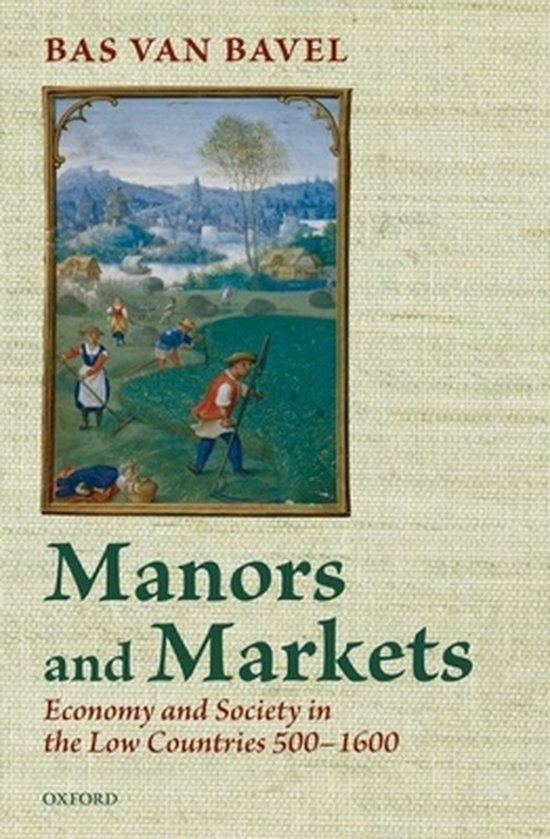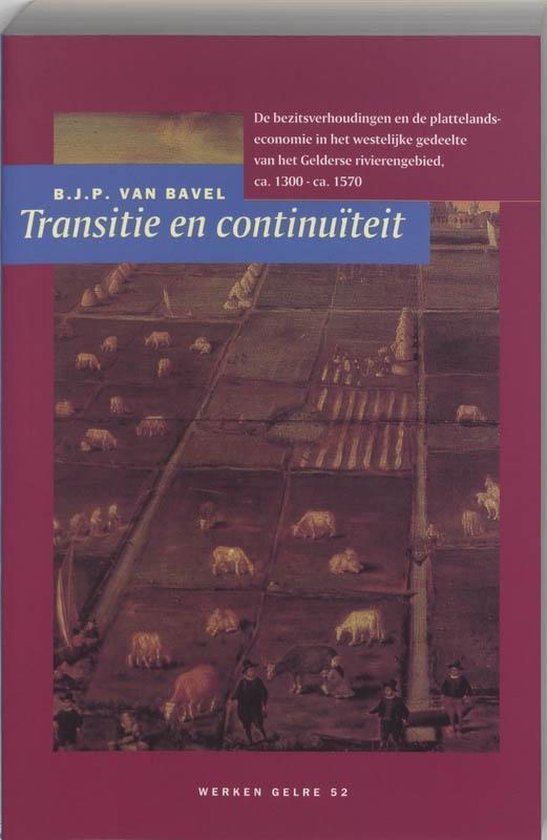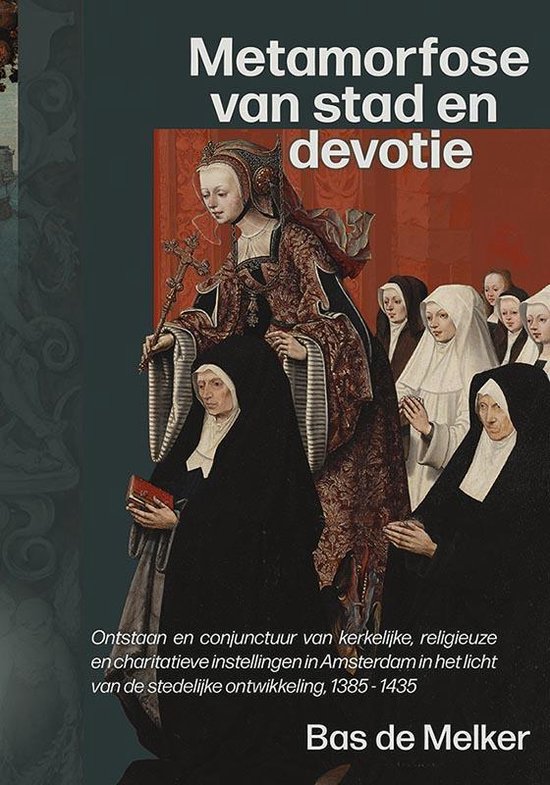
Manors And Markets
The Low Countries -- an area roughly embracing the present-day kingdoms of the Netherlands and Belgium -- underwent remarkable developments in the Middle Ages. Manors and Markets charts the social and economic history of this vibrant region from the early medieval period to the seventeenth century.
The Low Countries -- an area roughly embracing the present-day Netherlands and Belgium -- formed a patchwork of varied economic and social development in the Middle Ages, with some regions displaying a remarkable dynamism. Manors and Markets charts the history of these vibrant economies and societies, and contrasts them with alternative paths of development, from the early medieval period to the beginning of the seventeenth century. Providing a concise overview of social and economic changes over more than a thousand years, Bas van Bavel assesses the impact of the social and institutional organization that saw the Low Countries become the most urbanized and densely populated part of Europe by the end of the Middle Ages. By delving into the early and high medieval history of society, van Bavel uncovers the foundations of the flourishing of the medieval Flemish towns and the forces that propelled Holland towards its Golden Age. Exploring the Low Countries at a regional level, van Bavel highlights the importance of localized structures for determining the nature of social transitions and economic growth. He assesses the role of manorial organization, the emergence of markets, the rise of towns, the quest for self-determination by ordinary people, and the sharp regional differences in development that can be observed in the very long run. In doing so, the book offers a significant contribution to the debate about the causes of economic and social change, both past and present.
The Low Countries -- an area roughly embracing the present-day Netherlands and Belgium -- formed a patchwork of varied economic and social development in the Middle Ages, with some regions displaying a remarkable dynamism. Manors and Markets charts the history of these vibrant economies and societies, and contrasts them with alternative paths of development, from the early medieval period to the beginning of the seventeenth century. Providing a concise overview of social and economic changes over more than a thousand years, Bas van Bavel assesses the impact of the social and institutional organization that saw the Low Countries become the most urbanized and densely populated part of Europe by the end of the Middle Ages. By delving into the early and high medieval history of society, van Bavel uncovers the foundations of the flourishing of the medieval Flemish towns and the forces that propelled Holland towards its Golden Age. Exploring the Low Countries at a regional level, van Bavel highlights the importance of localized structures for determining the nature of social transitions and economic growth. He assesses the role of manorial organization, the emergence of markets, the rise of towns, the quest for self-determination by ordinary people, and the sharp regional differences in development that can be observed in the very long run. In doing so, the book offers a significant contribution to the debate about the causes of economic and social change, both past and present.
| Auteur | | Bas van Bavel |
| Taal | | Engels |
| Type | | Hardcover |
| Categorie | | Economie & Financiën |




